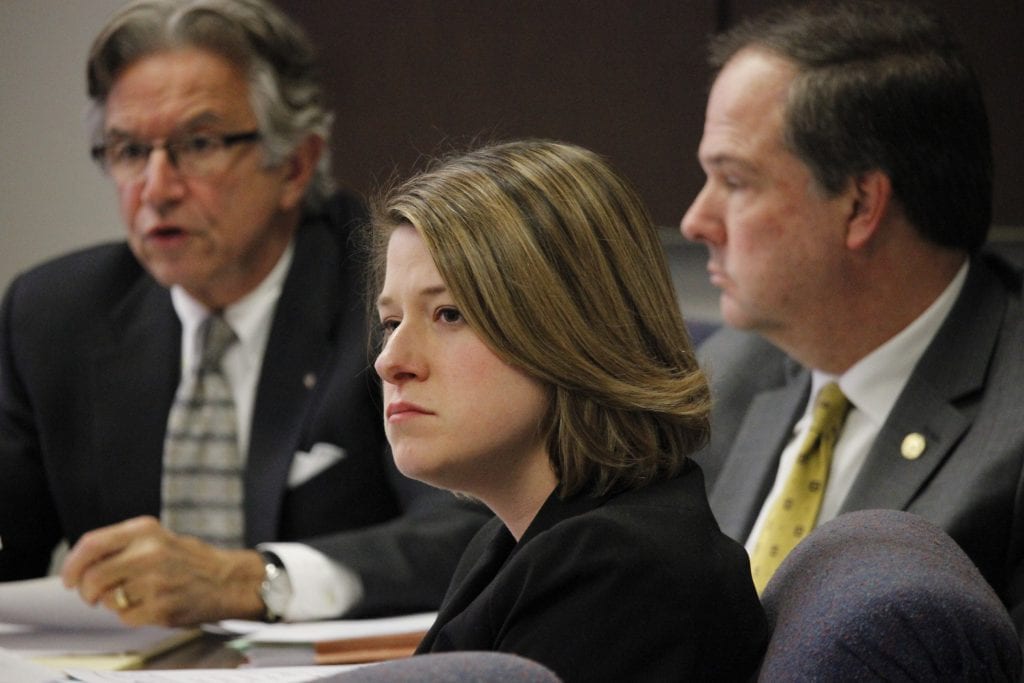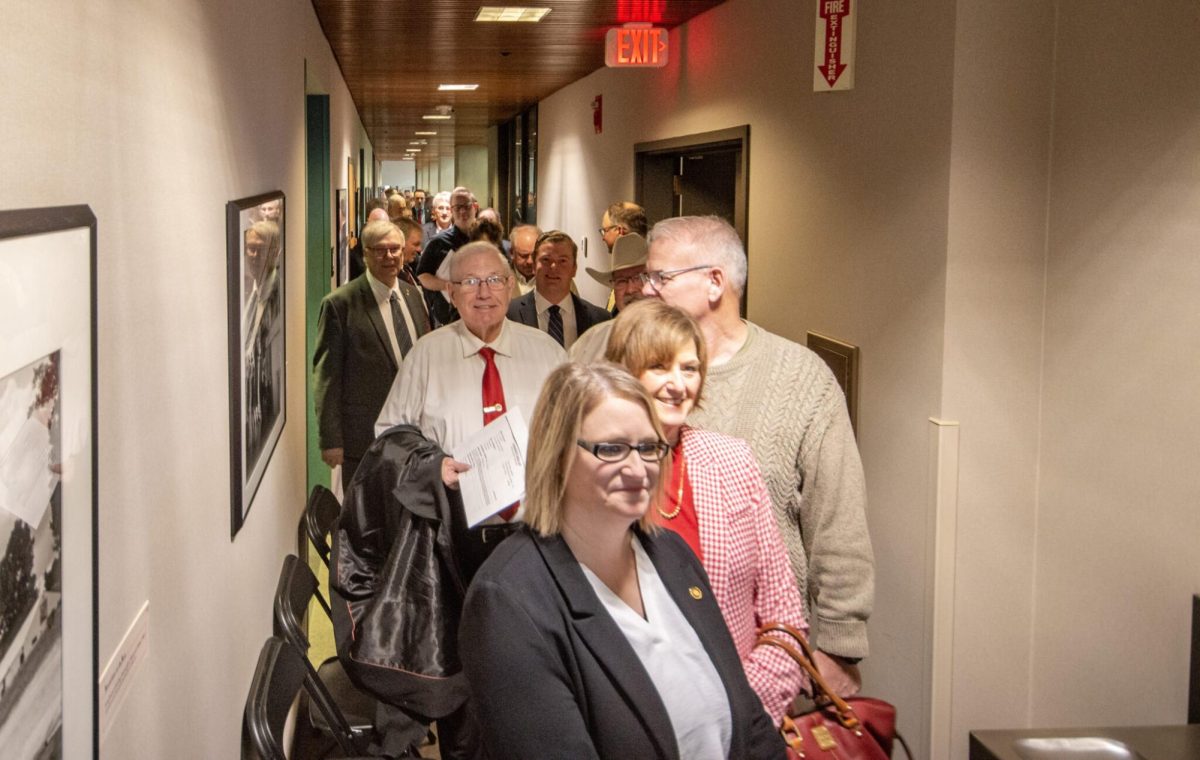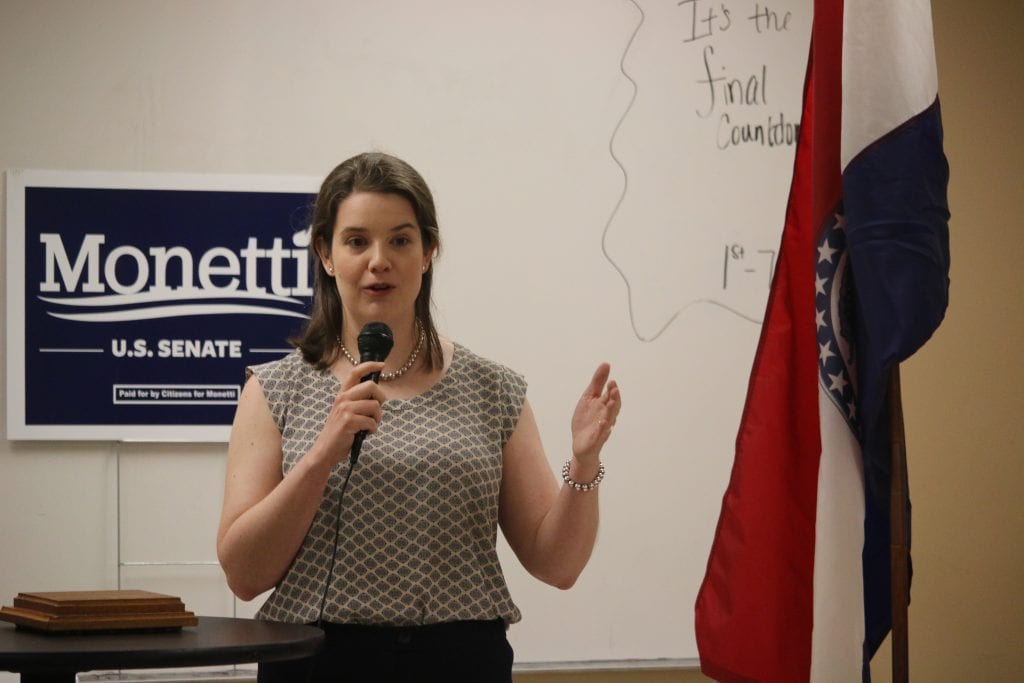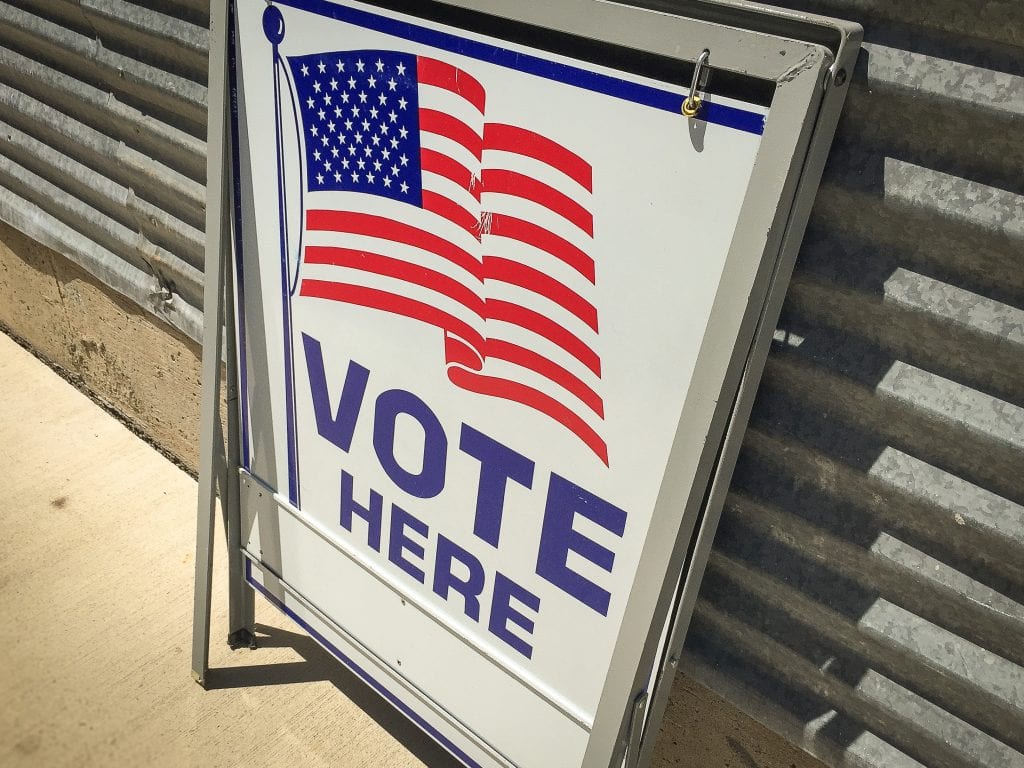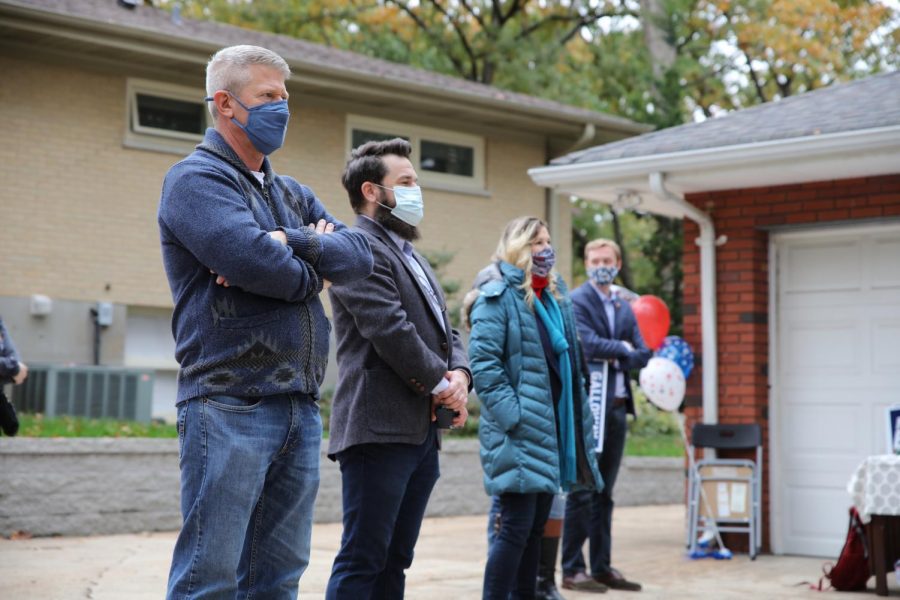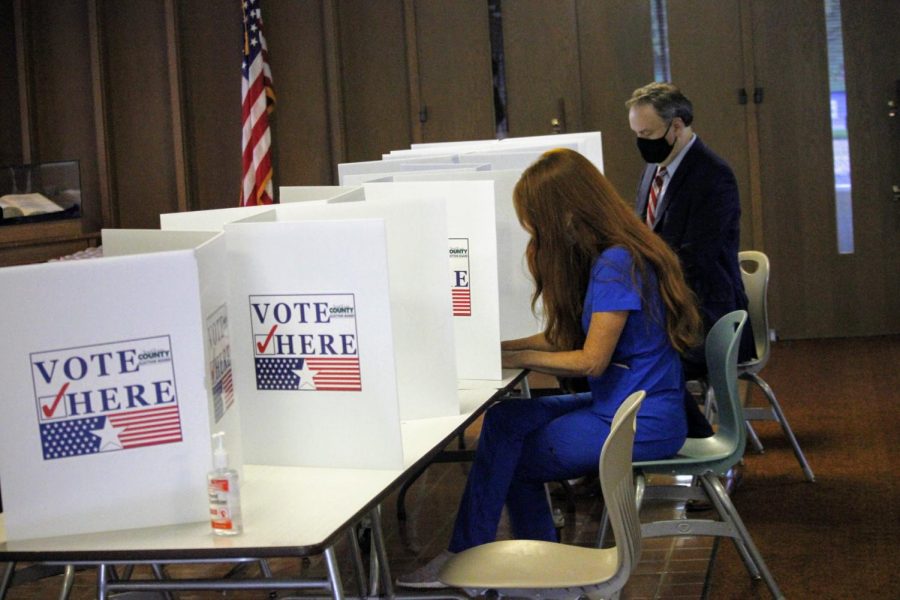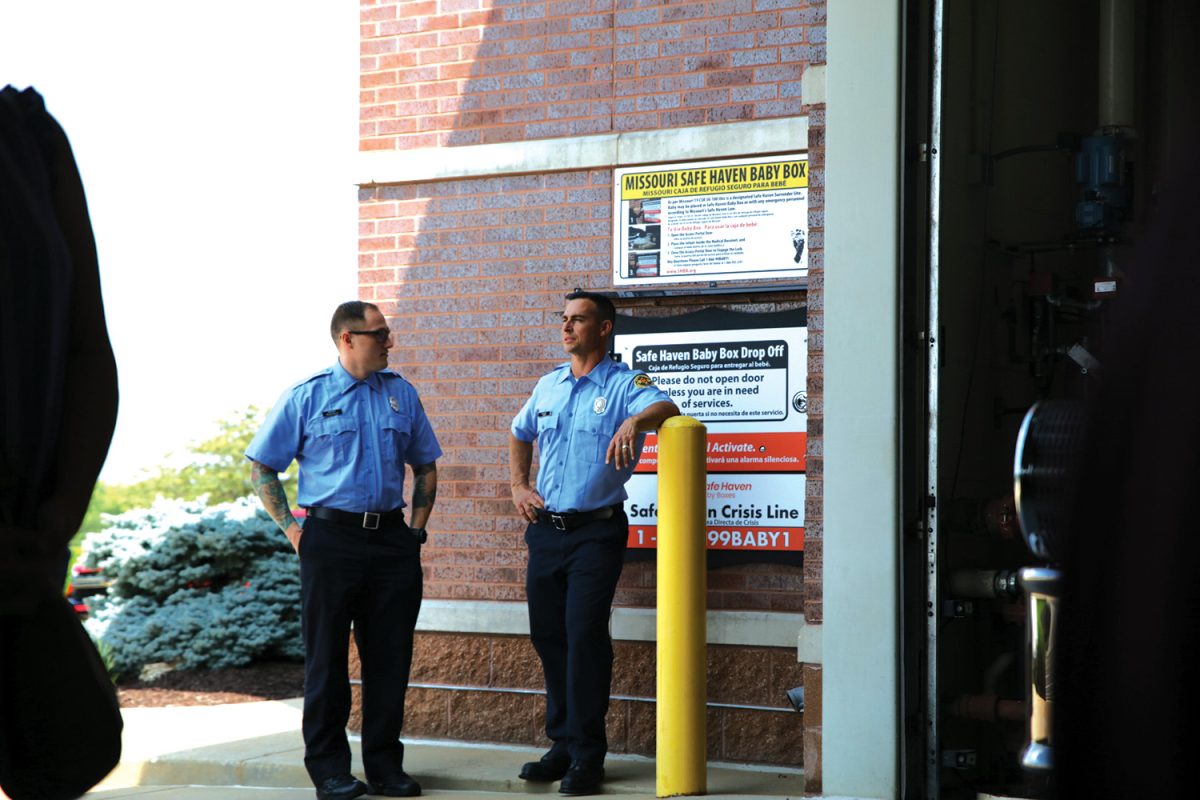By Max Fillion
Columbia Missourian
A major tax bill was passed last week out of the Missouri House.
The proposal, HB 2540, was sponsored by House Speaker Pro Tem Elijah Haahr and would reduce both the corporate and top individual income tax rates to 5 percent. It also would increase Department of Motor Vehicles fees to fund improvements to Missouri’s roads and bridges, rather than raising the gas tax.
The bill passed by a vote of 91-61 on the House floor, with 17 Republicans and all present Democrats voting against it.
One of the biggest changes that happened on the House floor was the bill’s estimated financial impact. The bill’s original estimate said the state’s general revenue would lose more than $1 billion over the next three years, but that more than $584 million would be added to other state funds. The bill in its current form estimates a $397 million loss to the general revenue, but adds $484 million to other state funds over the next three years.
Haahr, a Republican, said the more favorable fiscal note came partly from an amendment made on the House floor that would delay the implementation of the tax code for one year.
Rep. Keith Frederick, R-Rolla, said he voted against the bill because it proposed raising DMV fees instead of raising the current fuel tax. He said he thinks Missourians shouldn’t be the only ones who pay for the upkeep of their roads and bridges.
Rep. Peter Merideth, D-St. Louis, made the same argument. He also added that while Haahr’s proposal takes into account increasing fuel efficiency of cars, a fuel tax still would be a more immediate response to the state’s transportation infrastructure issues.
“I think if we’re going to raise revenue for our transportation infrastructure, we need to do it the right way,” Merideth said. “That’s by all of the folks that use our roads. We have giant trucks crossing through our state every day that aren’t going to pay a dime in those increases and user fees.”
Haahr maintained that the increase in DMV fees is a better way to address the lack of funding for roads and bridges because cars are becoming more fuel efficient. He estimates the fees would generate more than $2 billion for transportation funding over the next 10 years.
“If we increase the gas tax, in 10 years we’ll be right back here, not able to pay for the roads,” Haahr said. “My thought is: let’s cut out a short-term fix. Let’s focus on something that’s long term.”
Both Frederick and Haahr said there could be a compromise over the conflicting philosophies — one that would combine an increase in both the fuel tax and DMV fees.
Another contentious point during the House debate was a provision to remove a “circuit breaker” tax credit given to low-income senior renters. Haahr contended this tax credit is reimbursing seniors for property taxes they don’t pay because they rent their homes. Democrats argued these seniors pay property taxes via the rents their landlords charge. The Missouri Budget Project estimated the proposal would take away this tax credit from more than 100,000 low-income seniors.
Rep. Scott Fitzpatrick, R-Shell Knob, noted the removal of these tax credits originally came from former Democratic Gov. Jay Nixon in 2013 when he included it in his 2014 budget proposal.
Additionally, Merideth said he doesn’t think the legislature should pass a large piece of legislation while controversy surrounds Gov. Eric Greitens.
“It’s a really dangerous thing to do when the public isn’t actually paying attention to this, because the public’s paying attention to the first-ever impeachment of a governor in Missouri,” Merideth said. Numerous politicians in both parties have called on Greitens to resign or to be impeached, but the formal impeachment process has not begun.
Fitzpatrick said he thinks Haahr may have difficulty getting the legislation passed because of the current political environment in the statehouse, but he may be successful because he’s next in line to be Speaker of the House. In addition, he said, the state would have difficulty passing such a sweeping change in one year, no matter what the political environment.
KOMU reporter Lydia Nusbuam contributed to this report.























